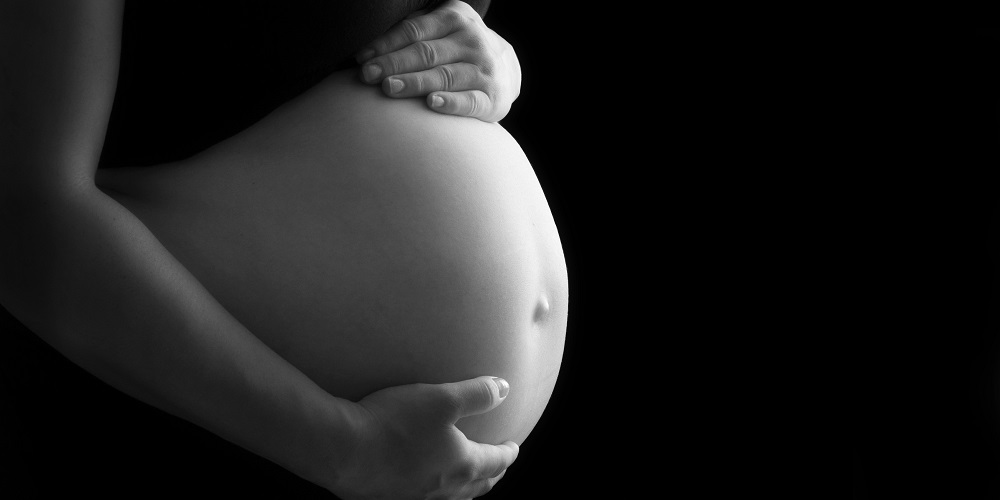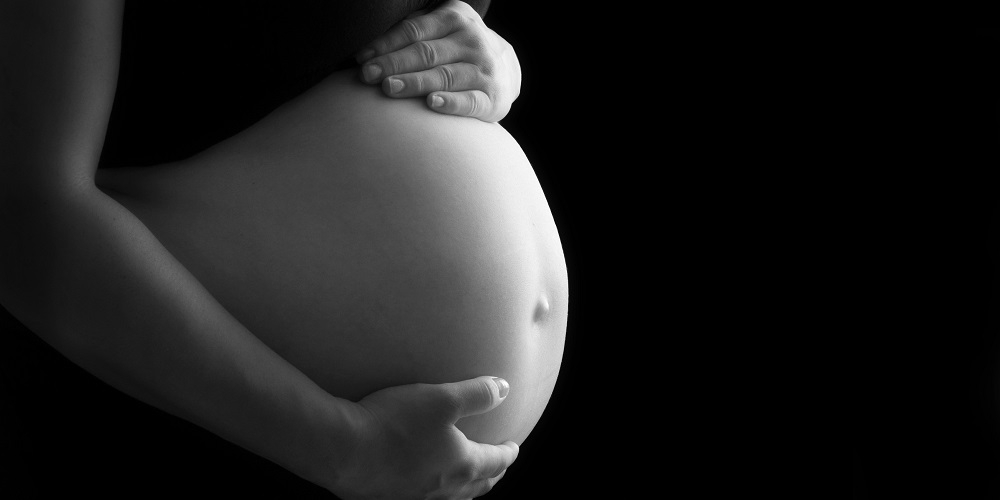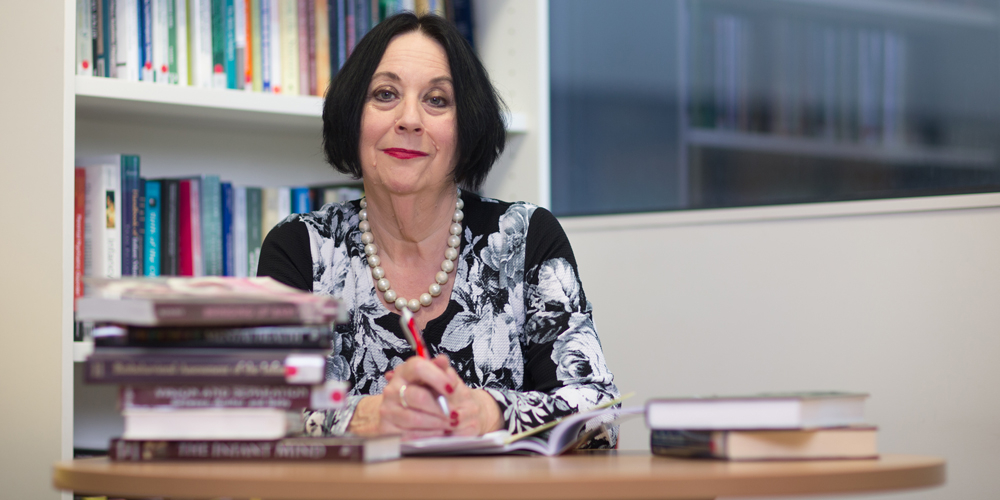
A program developed by the Royal Women’s Hospital and Bendigo Health that identifies and supports patients experiencing family violence is to be rolled out to 27 healthcare services across Victoria, the Government announced today.
The program is part of a once in a generation response in Victoria to help stamp out family violence. It will see healthcare professionals across the state trained to spot the signs, ask questions and connect patients experiencing violence to support services.
It comes as hospital CEOs, executives and health care professionals from across the state gather for the Strengthening Hospital Responses to Family Violence Forum held by the Women’s today.
In Australia, a woman is murdered every week by a current or former partner. And, one in four women has experienced physical or sexual violence from an intimate partner.
The Women’s CEO Dr Sue Matthews said 3000 healthcare staff have been trained to spot the warning signs of family violence, such as a patient having recently separated, having delayed seeking medical attention or describing their partner as controlling.
“Our staff are identifying the warning signs and when safe to do so are asking women about safety in the home.
“Research suggests that women are at greater risk of experiencing violence from an intimate partner during pregnancy or shortly after the birth of their child, with 20 per cent of women who experience family violence suffering its onset during this period,” she said. “This is a time when women are coming into frequent contact with the healthcare system, which provides an opportunity to identify family violence before or shortly after it starts and to help support women and their children.”
Katie, a Survivor Advocate with Safe Steps Family Violence Response Centre experienced family violence for 13 years from two partners. She consulted more than 40 health professionals for her disabled child’s health conditions but was never asked about safety at home or family violence.
“There were plenty of opportunities for healthcare professionals to intervene, but no one asked the question,” she said. “It could have meant I accessed services earlier and escaped the relationship much sooner.”
The abuse escalated against Katie when she was pregnant and shortly after the birth of her baby. Her husband did not attend the antenatal appointments with her and she had made plans for other family members to be present at the birth because of her husband’s unpredictable behaviour. Both would be red flags for trained staff to spot family violence under the new program.
“I was in denial for many years as I thought family violence was only something that affected other women and their families,” she said. “I know now it affects anyone, anywhere, any time in their lives.”
Katie eventually left her husband, but in doing so lost financial security and has funded her child’s health and disability needs. She’s now helping other women seeking a safer future.
Background
For more information about research into new mothers experiencing family violence, read Professor Kelsey Hegarty’s research: The Case for Early Intervention to Reduce the Impact of Intimate Partner Abuse on Child Outcomes: Results of an Australian Cohort of First-Time Mothers
For information and support contact:
Safe Steps on 1800 015 188, or
Read related content from the Women's
-
 Greater support for women experiencing family violence
Greater support for women experiencing family violenceThe Royal Women’s Hospital is reminding people on the International Day for the Elimination of Violence Against Women that 20 per cent of family violence begins during pregnancy.
Learn more -
 Investing in health professionals to identify and respond to family violence
Investing in health professionals to identify and respond to family violenceRoyal Commission into Family Violence recommendation recognises the relationship between mental health and relational violence
Learn more